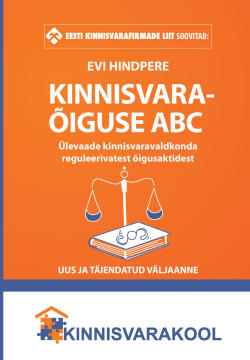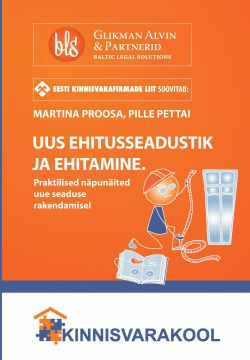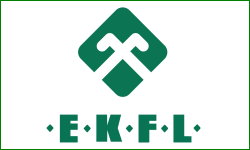 Data from Statistics Estonia show that the growth in average gross wages accelerated to 5.8% in the second quarter of 2015, from 4.5% in the first quarter.
Data from Statistics Estonia show that the growth in average gross wages accelerated to 5.8% in the second quarter of 2015, from 4.5% in the first quarter.
Tax changes that took effect this year supported the 7.3% rise in the average net monthly wage. Consumer prices were 0.1% lower in the second quarter than a year earlier, and so real wages rose by 5.9%.
The employer type where the fastest wage growth was seen was local government administration, where wages were up 8.5% due to rapid rises in wages in education and health care. Wage monitoring by the Ministry of Education showed that the average wage for school teachers in 2014 was above the Estonian average wage, and wages for teachers continued to rise faster than the average in the economy in the first half of 2015. Wages in health care also rose faster than the average, climbing 8.1%.
The average wage in Estonian-owned private companies rose by 5.8%, but without the impact of registration of employees, the growth would have been even faster. The requirement to register led to a reduction in the underreporting of employment, though data from the Tax and Customs Board show that the average wage of the newly-declared wage recipients was close to the minimum wage and notably below the average for each sector.
Statistics from the Tax and Customs Board on declared wages show that wage differences have continued to decline. The growth in the median wage paid out has consistently been faster than the growth in the average wage over the past ten years. In the second quarter of 2015, the median wage was 80% of the average declared wage, whereas a decade ago it was 73%. This means that the average wage is more and more indicative of the wage income of the average employee.
The GDP grew by 1.9% in the second quarter of 2015, according to the flash estimate, and employment increased, which indicate that the payroll as a share of GDP increased. This means there is increased pressure on companies to rebuild profits, and so it may be expected that wage growth in the future will be slower than it has been so far.














